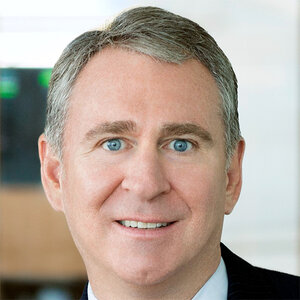Harvard Endowment Managers to Leave
Jack R. Meyer, the investment manager who took over a $5 billion endowment for Harvard University in 1990 and parlayed it into $23 billion, will depart this summer with four colleagues to start his own firm, the New York Times reports.
In the year ending June 30, 2004, Harvard paid its top money managers $78.4 million, including $7.2 million to Meyer, who runs Harvard Management. The managers' compensation had attracted vocal criticism from alumni and observers. In a telephone interview with the Times, Meyer, who was chief investment officer at the Rockefeller Foundation before joining Harvard, said the criticism was a reason for his leaving, although not the primary one. "I think I have one more good chapter left in me, and now is the time for it," he added.
Leaving with Meyer are domestic-bond manager David R. Mittelman, foreign-bond manager Maurice Samuels, emerging-market-debt manager Edward DeNoble, and chief risk officer Michael Pradko. Since 1998, other top managers have left Harvard to start their own firms, taking the portfolios they were managing with them. In exchange, Harvard often gets a share of their profits, which may lower or even offset the fees it pays them. Meyer would not say whether his new firm would have a similar arrangement or would manage any of Harvard's money.
"If, as I fear, what this is intended to do is leave control of the university's funds in the same hands while not having to publicize how much these people are getting paid simply because they now are part of a private entity, it means nothing," said Stanley H. Eleff, '69, who, along with a group of his fellow classmates, has been critical of the school's compensation practices.
Meanwhile, the university has named a committee to oversee the nonprofit Harvard Management Company while searching for Meyer's replacement, as well as to ponder money management strategies for the future. Committee members include university president Lawrence H. Summers, university treasurer James F. Rothenberg, former Treasury secretary Robert E. Rubin, and Steven Heller, an investment banker.





